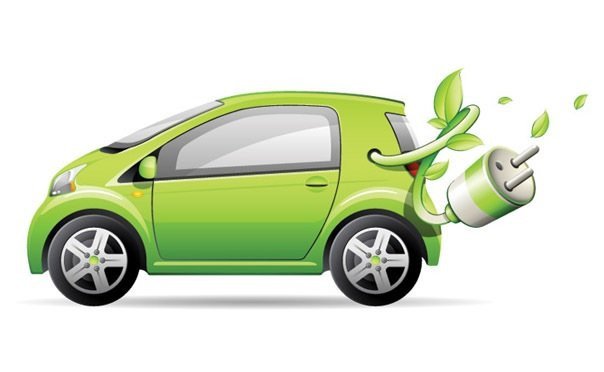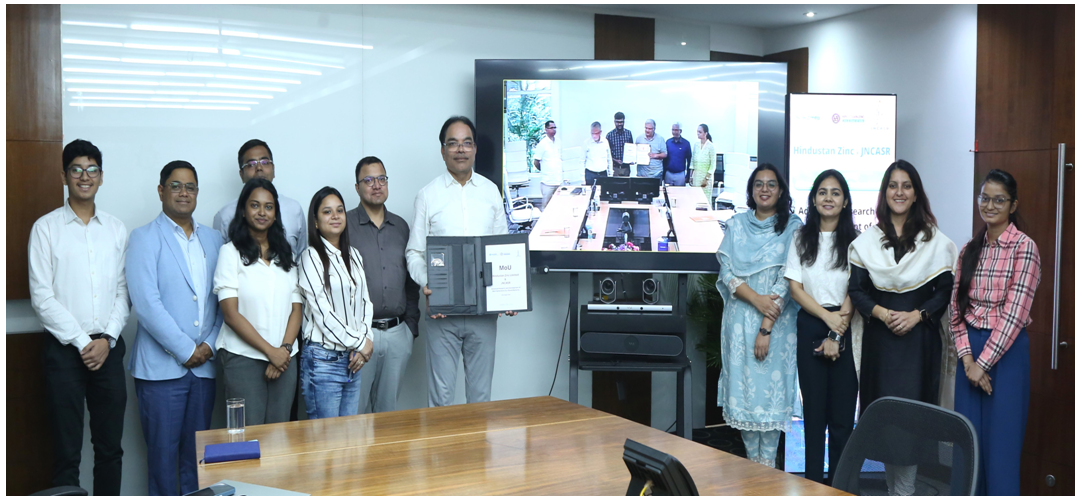Welectric ventures into EV aftermarket business
Electric lifecycle management start-up Welectric has announced its foray into the electric vehicles' aftermarket business. With the new vertical, the company plans to deliver doorstep-focused annual maintenance solutions for electric two-wheelers (e2W), starting with business-to-business (B2B) clients.
The company said it has appointed former Bounce executive Munish Kumar to lead the business.
Welectric said it will concentrate on solving the financing, maintenance, and aftermarket challenges of the e2W industry. It will expand its offering to individual consumers as well and build a digital multi-brand one-stop-shop for all-electric two-wheeler requirements.
"India is at the tipping point of commercial adoption of electric 2Ws, and I believe the entire two-wheeler industry is going to transition completely to electric within the next 10 years," Welectric Founder and CEO Vikas Jain said.
This transition is not just about the vehicle technology changing from internal combustion to electric. The entire distribution and aftermarket ecosystem must transition from uneven and real estate heavy to digital and organized, he added.
Jain said Kumar's joining will help to identify and establish a new-age digital and doorstep dedicated maintenance and aftermarket ecosystem for all brands of e2Ws.
Kumar comes with over a decade of automotive experience. He was formerly heading the Repairs & Maintenance Operations for Bounce in Bangalore, the declaration said.
Welectric said it is working with original equipment manufacturers (OEMs) such as Hero Electric, Ampere, and Okinawa to offer their e2Ws on operating lease to institutional clients.
"The company aims to enable one million electric 2Ws within the next five years and aims to build a circular economy of these EVs," it added.
Buoyant on the e2Ws market, the company said e-commerce, grocery, and food delivery companies are seeing their delivery volumes go up substantially compared to pre-covid levels and this trend is expected to continue regardless of how soon the pandemic threat is over.
"The persistent increase in fuel prices, as well as hike in subsidies for EVs, has made using petrol 2Ws prohibitively expensive for last-mile deliveries and therefore e2Ws is now not just an alternative but the only sustainable option," it added.





















